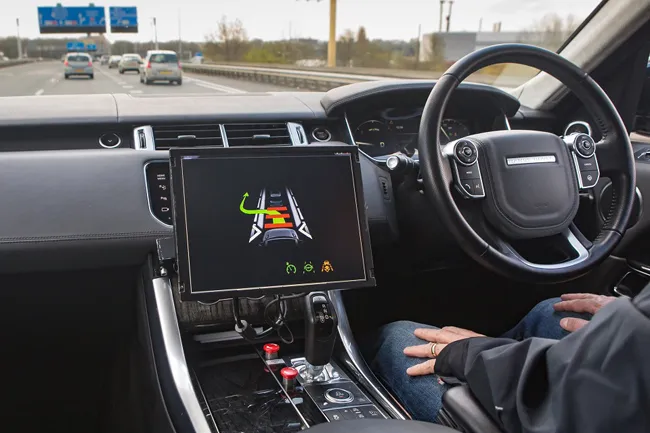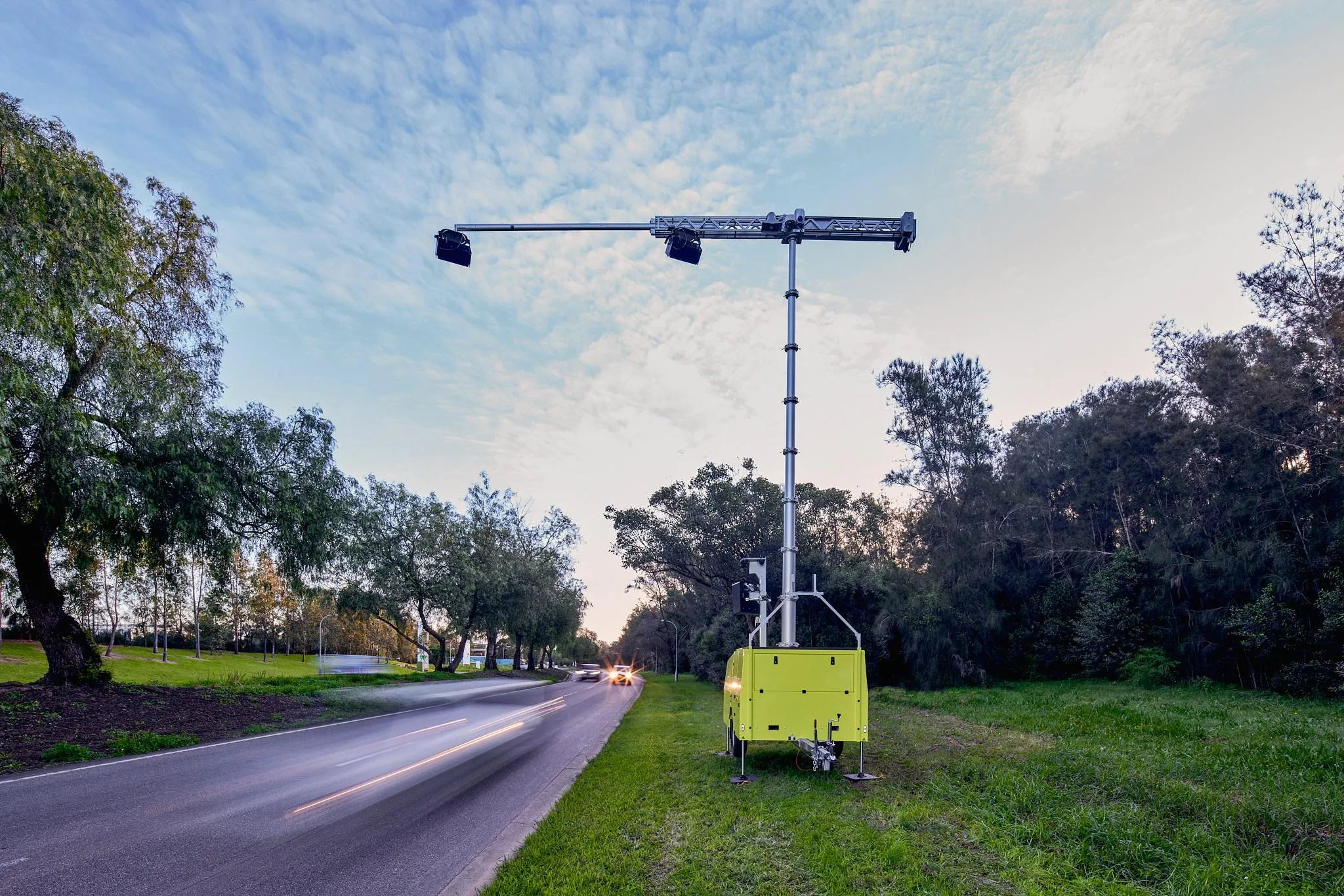
The information for navigational apps powered by artificial intelligence would warn of planned changes to the road network, including work zone arrangements, which would enhance worker safety.
Tech firms could soon get access to the necessary data thanks to a UK government review of legislation around Traffic Regulation Orders. The orders behind restrictions on the road network which allow for temporary roadworks or permanent changes to the road.
The announcement will help open up data, reducing congestion, pollution and frustration for road users, according to a statement by George Freeman, UK Minister for Future Transport.
“Working with organisations including local authorities and the connected and automated vehicle sector, the department will look at introducing legislation to make it easier to access data around the predicted 50,000 yearly road closures building on the government’s commitment to make travelling cleaner and greener, safer, easier and more reliable,” he said.
He said the review of the orders will support the government’s Future of Mobility Grand Challenge by considering whether current legislation is fit to maximise the potential of future technologies.
The government also noted that opening up Traffic Regulation Orders data could help with route planning systems for self-driving vehicles, “cementing the UK’s position as a world leader in developing self-driving vehicle technology”.








